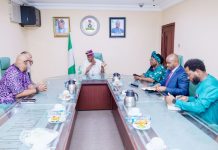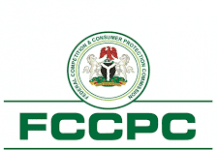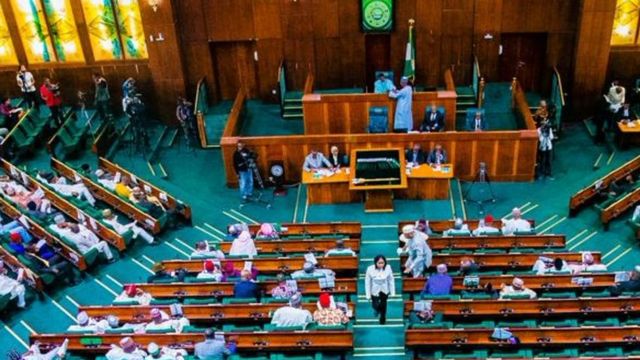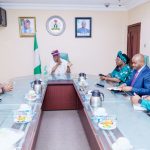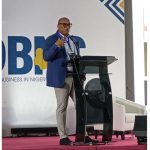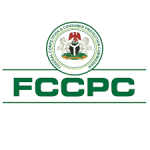THE House of Representatives’ Joint Committee on Customs and Excise, Banking and Currency has given the Ministry of Finance, Budget, and National Planning; Central Bank of Nigeria; and the Nigeria Customs Service, as well as other relevant stakeholders two weeks to reconcile their differences over the electronic valuation and invoicing policy recently introduced in the import and export chain.
The CBN had introduced the e-valuation and e-invoicing system in the import and export system in order to enhance revenue generation
At the investigative hearing held by the committee in Abuja on Thursday, the CBN, NCS and the Manufacturers Association of Nigeria differed on the policy, forcing the lawmakers to ask them to meet and harmonise their differences within two weeks.
After presentations by the invited parties, a member of the House committee, Sada Soli, recalled the motion leading to the resolution by the House to investigate the matter, at the plenary on January 27, 2022.
Soli said in part, “Going by the resolution of the House, we had three prayers read on the floor of the House and the House commissioned this joint committee to look at the issues raised on the floor of the House.
“One of the issues was to urge the CBN to suspend the policy in order to enable adequate sensitisation on the workability of the policy in all ports of entry including seaports, airports, and border stations.
“The third prayer was to ask the CBN to give a 90 days’ timeline for subsequent new fiscal and monetary policy implementation to allow adjustment in order to stabilise the economy.”












